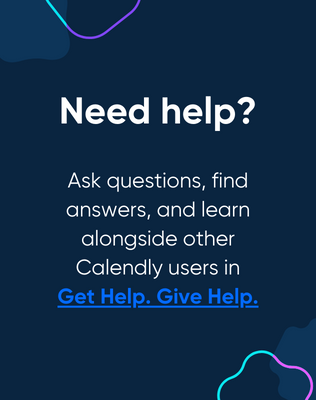Here is an example of my issue.
Any idea of how to workaround it?
Let's say I will open a time slot for 20 people tomorrow at 08:00. a parent with 2 kids will only be counted as 1 with 19 remaining places and I need to be counted a 3 with 17 remaining places.
I don't wont the parent to make 3 separate reservations


